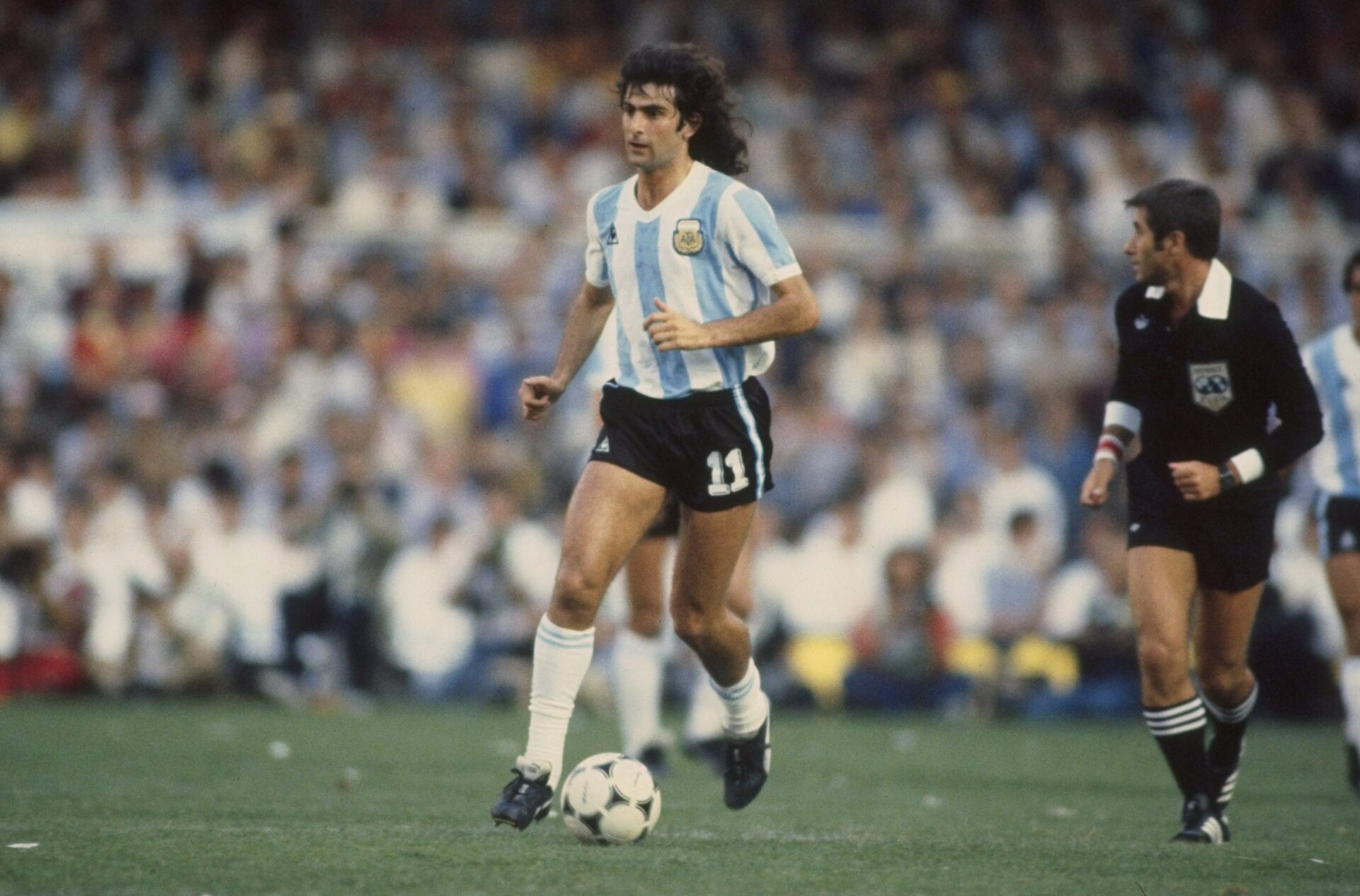Argentina 6-0 Peru 1978: Match Fixing or Miracle? The Story of the Most Controversial Match in World Cup History
Few matches in the history of the sport have been shrouded in as much controversy as Argentina 6-0 Peru 1978
The date was June 21, 1978, and host nation Argentina found themselves on the brink of elimination from the World Cup. Despite successfully navigating a highly competitive first group stage where they faced the likes of Italy, France, and Hungary, they found themselves neck and neck with fierce rivals Brazil in the second group stage. It’s important to remember that this World Cup took place prior to the switch to a knockout format and the now-standard three-point win system. Therefore, only a win would secure a first-place finish and guarantee a spot in the final against the Netherlands, with second-place receiving a spot in the third-place play-off.
Prior to kick-off, Brazil sat in first place on 5 points with a goal difference of +5, whilst the hosts found themselves in second on 3 points with a goal difference of +2. In order to reach the final, Argentina would have to win their final game by at least four goals. Usually, the final round of group stage matches would be played concurrently to avoid any prospects of match-fixing or collusion.
However, FIFA feared that the local Argentine populace, who could not get a ticket for the match, would simply stay at home and watch the game on television rather than attend another match. Therefore, it was agreed months in advance that the matches would take place consecutively rather than concurrently.
The Day of the Match
Miraculously, Argentina would emerge victorious, winning by 6-0 and thus pipping Brazil at the post on goal difference to seal their spot in the final. The hosts would go on to triumph over the Netherlands by 3-1 to claim their first ever World Cup trophy.
However, this result will forever live in infamy and has been marred with controversy before a ball was even kicked. Just minutes before kick-off, as the players prepared to take to the stage, fascist dictator Jorge Rafael Videla entered the Peruvian dressing room. In the company of US Secretary of State Henry Kissinger, Videla read out a message from fellow fascist and Peruvian dictator Francisco Morales Bermudez. The message reiterated the supposed importance of the bond between the Argentine and Peruvian people. Many have since presumed that the message served as an implicit threat towards the Peruvian players, encouraging them to throw the game.
Subsequent Controversy: Argentina 6-0 Peru 1978
Rather suspiciously, just ten days after the World Cup final, the Argentine government sanctioned Decree No. 1463/78, which granted the Republic of Peru a “non-refundable credit.”. Additionally, in the days leading up to the game, Argentina donated 35,000 tonnes of grain to Peru, an amount akin to donations seen following humanitarian disasters. The Argentine government and national team have repeatedly denied these claims and in response, they have accused the Brazilian government of attempting to bribe the Peruvian players as an incentive for the already eliminated team to win the match.
As for the views of the Peruvian players themselves, many have cited other mitigating factors as a reason for the poor performance. A combination of fixture congestion, fatigue, and internal divisions between players of rival clubs have all been cited as potential causes of the defeat. On the other hand, an equal number of Peruvian players have corroborated the claims of match-fixing and bribery. Juan Carlos Oblitas, José Velásquez, and Germán Legua have all publicly admitted that the Argentine government offered them bribes and threatened them in the decades following the game.
Velásquez would also name the players whom he believed accepted bribes, including team captain Héctor Chumpitaz. The players named by Velásquez have since denied these accusations, claiming that they could not walk through the streets of Lima without feeling ashamed of themselves.
Argentinian players have also been outspoken on the issue in recent years. Leopoldo Luque has suggested that although the Argentinian squad were not aware of the supposed arrangements at the time, many of them have come to believe that the match was arranged.
“With what I know now, I can’t say I am proud of my victory. But I didn’t realize, most of us didn’t. We just played football.”
– Leopoldo Luque
Ricardo Villa went further by expressing his certainty that he and his teammates were unwittingly used as political pawns.
In 2012, rumours began to circulate in the press that FIFA were considering launching an official investigation into the scandal. Argentina could have lost their World Cup championship if found guilty of the charges, but FIFA ultimately made no significant attempts in this regard.
To this day, an official investigation is yet to be opened into the infamous match, and there are currently no suggestions that one will be authorised anytime soon.








